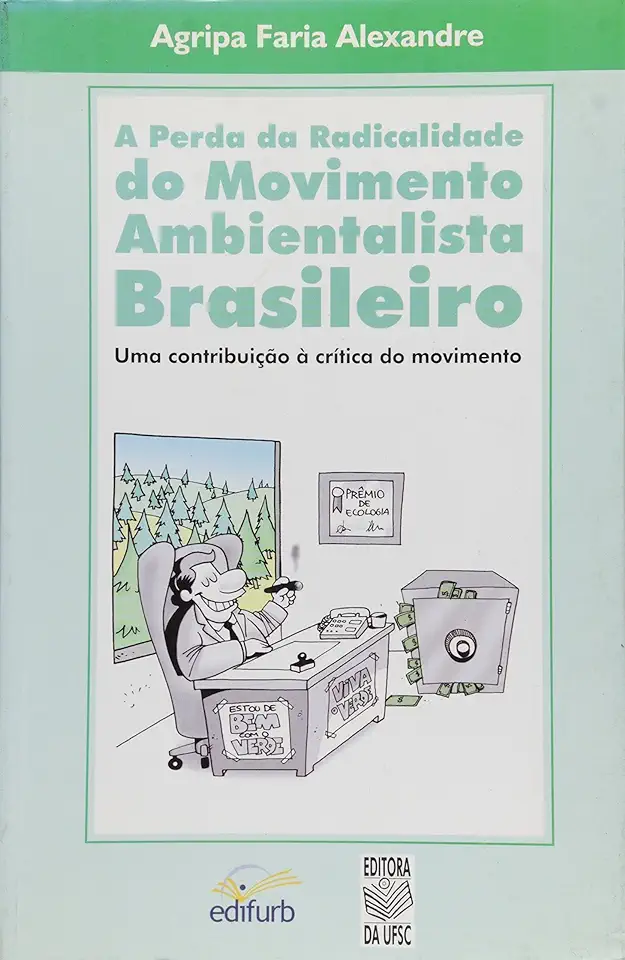
The Loss of Radicality in the Brazilian Environmentalist Movement - Agripa Faria Alexandre
The Loss of Radicality in the Brazilian Environmentalist Movement: A Book Review
Introduction
In his book "The Loss of Radicality in the Brazilian Environmentalist Movement," Agripa Faria Alexandre presents a compelling analysis of the evolution of environmentalism in Brazil. Alexandre argues that the movement has lost its radical edge and become co-opted by the very forces it once opposed. This shift has had a profound impact on the effectiveness of the movement and its ability to address the urgent environmental challenges facing Brazil.
The Rise of Environmentalism in Brazil
The environmentalist movement in Brazil emerged in the 1970s as a response to the country's rapid industrialization and the resulting environmental degradation. The movement was initially led by a small group of activists who were inspired by the global environmental movement and the countercultural movements of the 1960s. These activists were often radical in their tactics and willing to take risks to protect the environment.
The Co-optation of the Environmentalist Movement
In the 1980s and 1990s, the environmentalist movement in Brazil began to change. As the country transitioned to democracy and the economy grew, the movement became more institutionalized and professionalized. This process of institutionalization led to a shift in the movement's tactics and goals. Activists became more focused on working within the system to achieve environmental reforms, rather than on using radical tactics to challenge the status quo.
The Consequences of Co-optation
The co-optation of the environmentalist movement has had a number of negative consequences. First, it has led to a decline in the movement's radicalism. Activists are now less willing to take risks or challenge the powerful interests that are responsible for environmental degradation. Second, the movement has become more focused on incremental reforms, rather than on systemic change. This has made it less effective in addressing the urgent environmental challenges facing Brazil. Third, the movement has become more divided, as different groups of activists have different views on how to achieve environmental goals.
Conclusion
In "The Loss of Radicality in the Brazilian Environmentalist Movement," Agripa Faria Alexandre provides a valuable analysis of the evolution of environmentalism in Brazil. He argues that the movement has lost its radical edge and become co-opted by the very forces it once opposed. This shift has had a profound impact on the effectiveness of the movement and its ability to address the urgent environmental challenges facing Brazil. Alexandre's book is a must-read for anyone interested in environmentalism, social movements, or Brazilian politics.
Why You Should Read This Book
"The Loss of Radicality in the Brazilian Environmentalist Movement" is a well-written and thought-provoking book that offers a unique perspective on the environmental movement in Brazil. Alexandre's analysis is based on extensive research and interviews with key figures in the movement. The book is also well-organized and easy to read, making it accessible to a wide range of readers.
If you are interested in environmentalism, social movements, or Brazilian politics, then I highly recommend reading "The Loss of Radicality in the Brazilian Environmentalist Movement." This book will give you a new understanding of the challenges facing the environmental movement in Brazil and the importance of radical activism.
Enjoyed the summary? Discover all the details and take your reading to the next level — [click here to view the book on Amazon!]